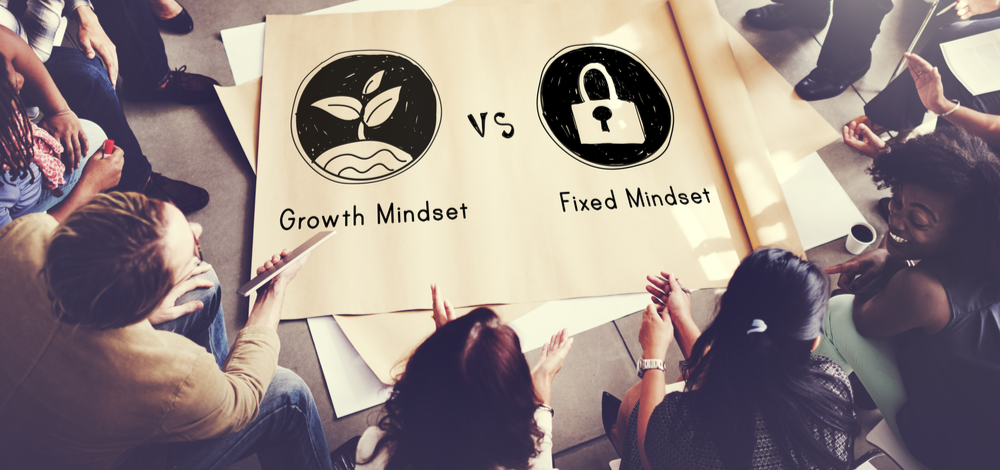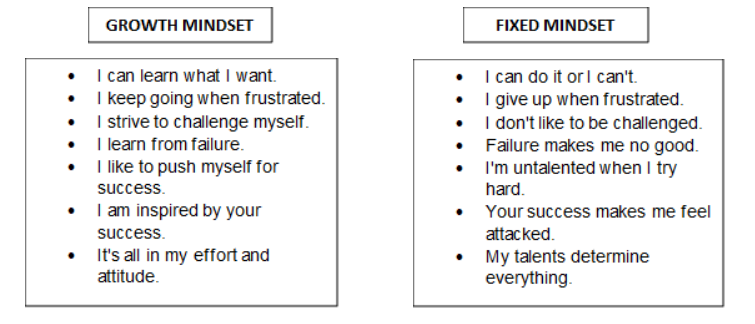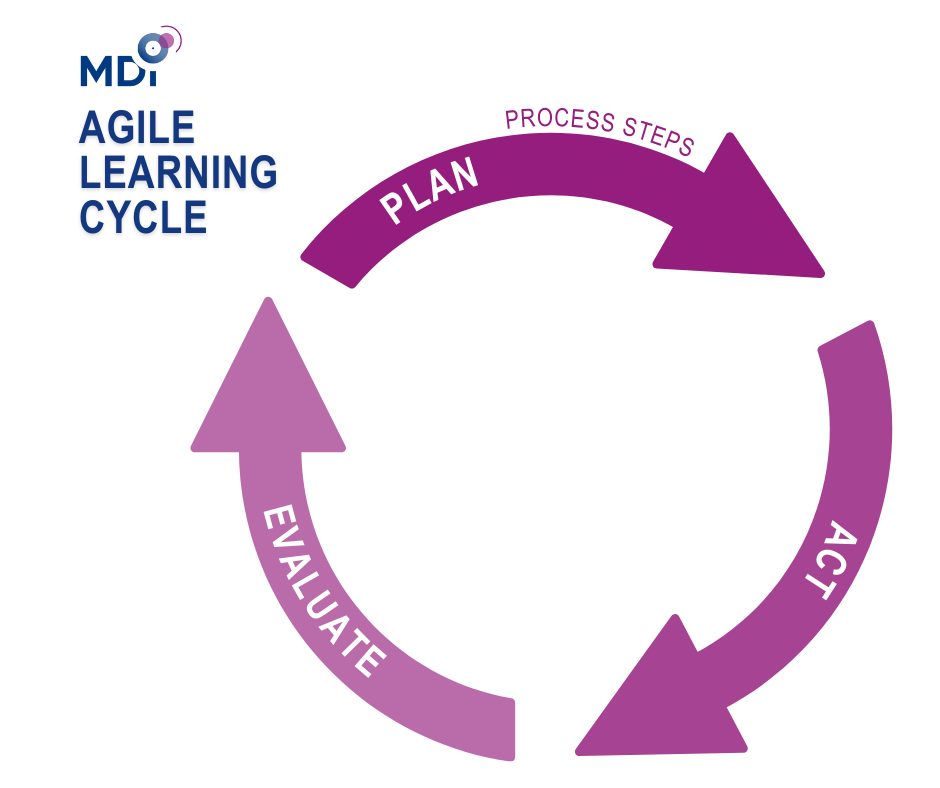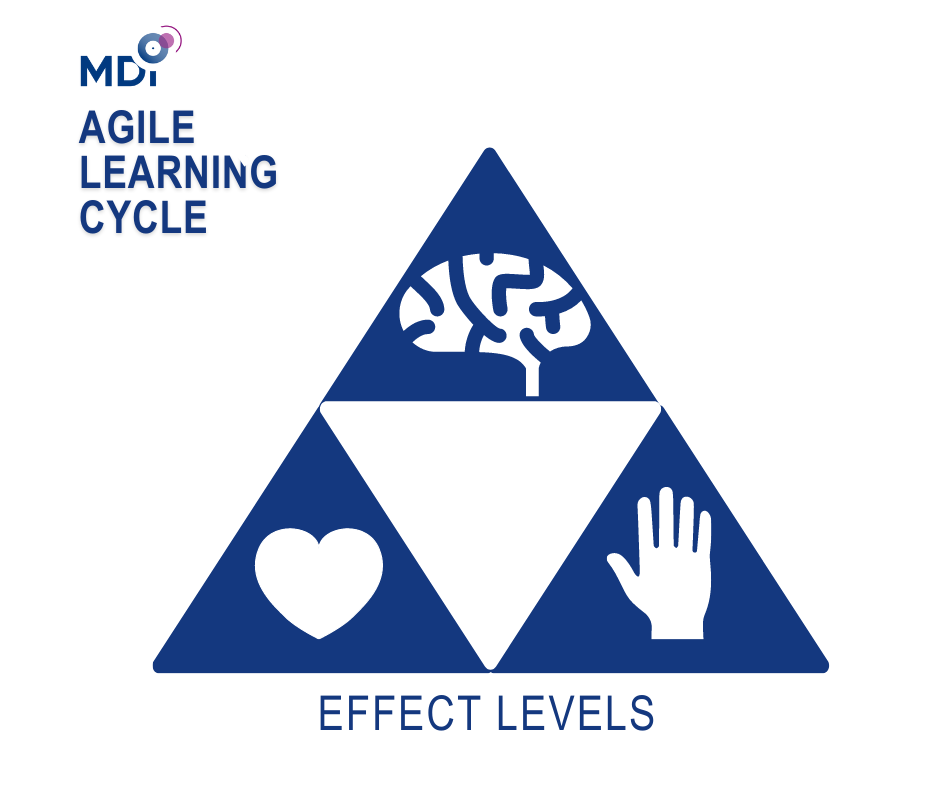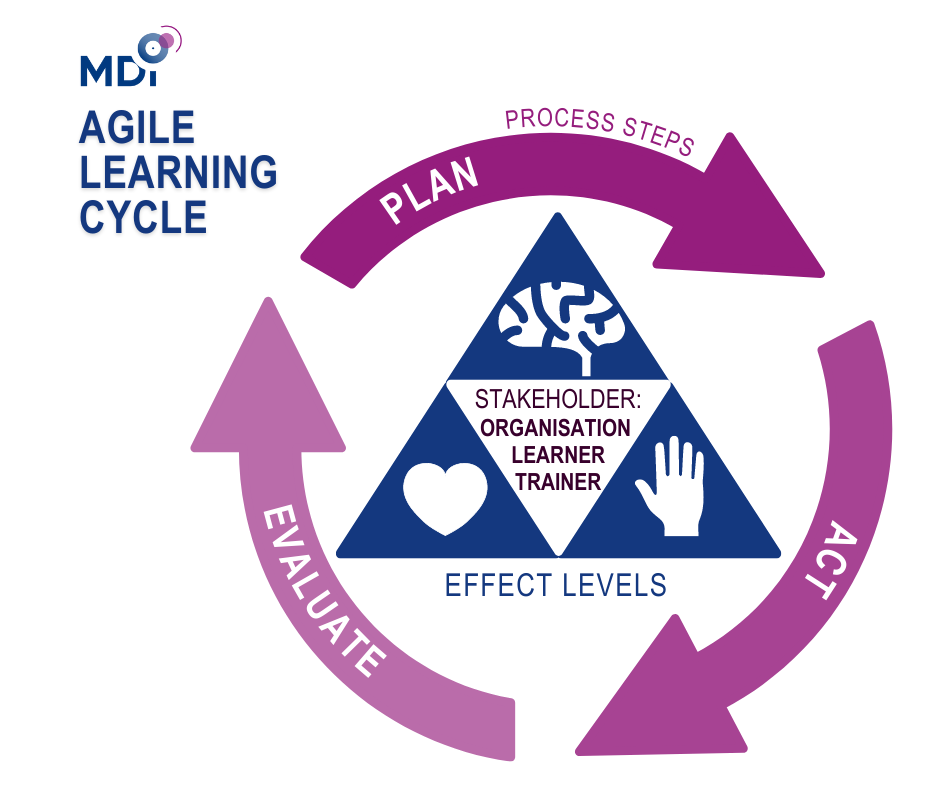
How can I actively share knowledge as a leader?
How can I actively share knowledge as a leader?
Knowledge management – I know that I know (nothing)
How do you deal with knowledge management as a leader? What do we really know and how can we use it to our best advantage?
Mentoring & Knowledge Management
Our MDI partner Anita Berger focuses on mentoring and knowledge management. We asked her a few questions on this topic and came up with some exciting approaches.
You can find them here in this interview:

Anita Berger
Executive Coach, Consultant, Trainer & Managing Partner MDI
Anita Berger is an executive coach, consultant and trainer specialising in leadership development and international human resource management. She is a partner of MDI Management Development International. For more than 15 years she has worked in management and leadership positions (among others as HR-
Director at Coca-Cola Hellenic and HR Manager at Konica Minolta Business Solutions).
What is knowledge management as a leader or mentor all about?
What is behind explicit and tacit knowledge?
The active and conscious generation, the use and sharing of knowledge in organizations are decisive competitive factors. Managers and mentors make a relevant contribution to this. They can make knowledge available themselves, as well as create the framework and an environment that enables and promotes knowledge management.
Explicit Knowledge
Knowledge management seems to be easier when it comes to explicit knowledge. That is, when “we know what we know” and it is “only” a matter of making this knowledge available.
Tacit Knowledge
It becomes more challenging when it comes to tacit knowledge. Implicit knowledge is the kind of knowledge that we are not always aware of – where we don’t even know what we know.
The development of explicit and tacit knowledge can be vividly described using the following example from everyday life: In the beginning, we learn explicitly: traffic rules, shifting gears, operating the clutch, … Every single step is thought through consciously. After some time, we just “drive” – it has become implicit knowledge.
We cannot easily describe what or how we do something, how we came to a decision or how we acquired the knowledge.
How can we now succeed in making tacit knowledge available ?
What concrete tips do you have for this?
The STAR method – often known as an interview technique in recruiting – as well as the Knowledge Management For Implicit Knowledge Canvas – both are methods/techniques to become aware of what you know as a leader or as a mentor, so that you can then share this very valuable knowledge.
How does the STAR principle work and how can we apply it?
The STAR interview method is an acronym and stands for
- Situation
- Task
- Action
- Result
The STAR interview method
If, as a mentor or leader, I want to pass on knowledge about how a particular customer project was won, a cultural initiative was successfully implemented, a critical discussion with challenging stakeholders was conducted in a solution-oriented manner, or even what was a real “fuck-up” in team leadership, the STAR interview method can help.
It enables us to identify more clearly what contributed to success or to recognize what needs to be done differently in the future. Thus, implicit knowledge becomes explicit again.
- SITUATION: What was the initial situation? Who was involved? What were the general conditions?
- TASK: What was your task/assignment? What did you want to achieve?
- ACTION: What did you do concretely? What concrete steps did you take?
- RESULT: What was the concrete result? What were the consequences? What results did you achieve?
How does the Knowledge Management Canvas help us?
The Knowledge Management Canvas provides a framework to identify where tacit knowledge may exist. It provides valuable starting points for active knowledge sharing through active engagement with the areas of the Canvas.
Knowledge Management – Tacit Knowledge Canvas

So how we can promote and share our knowledge is not too difficult. Often, it simply requires a more structured approach to share as a leader or mentor relevant information.





